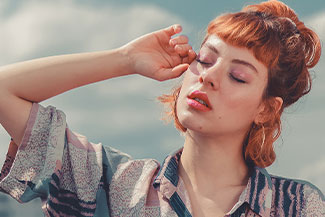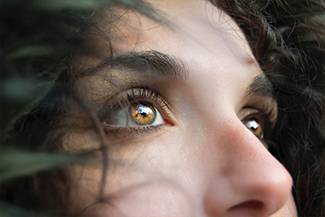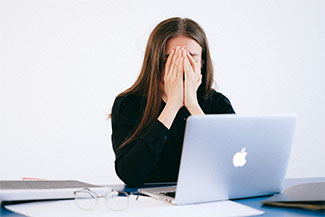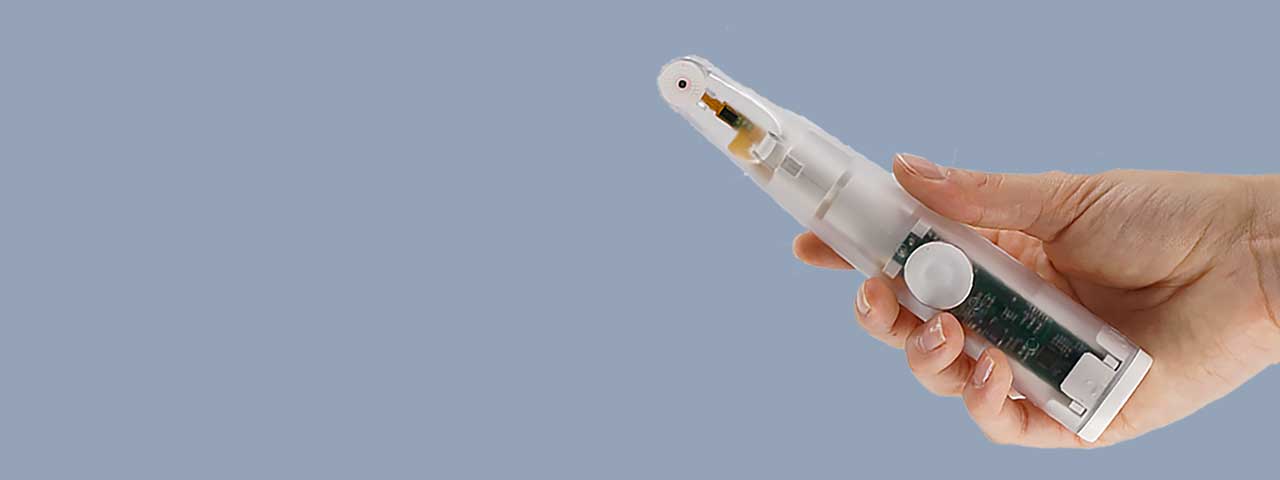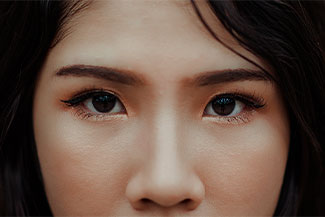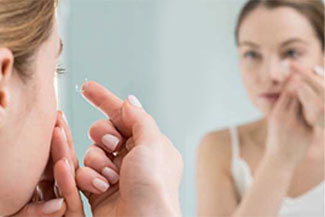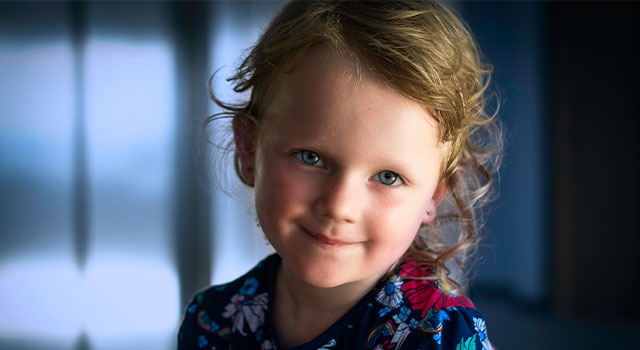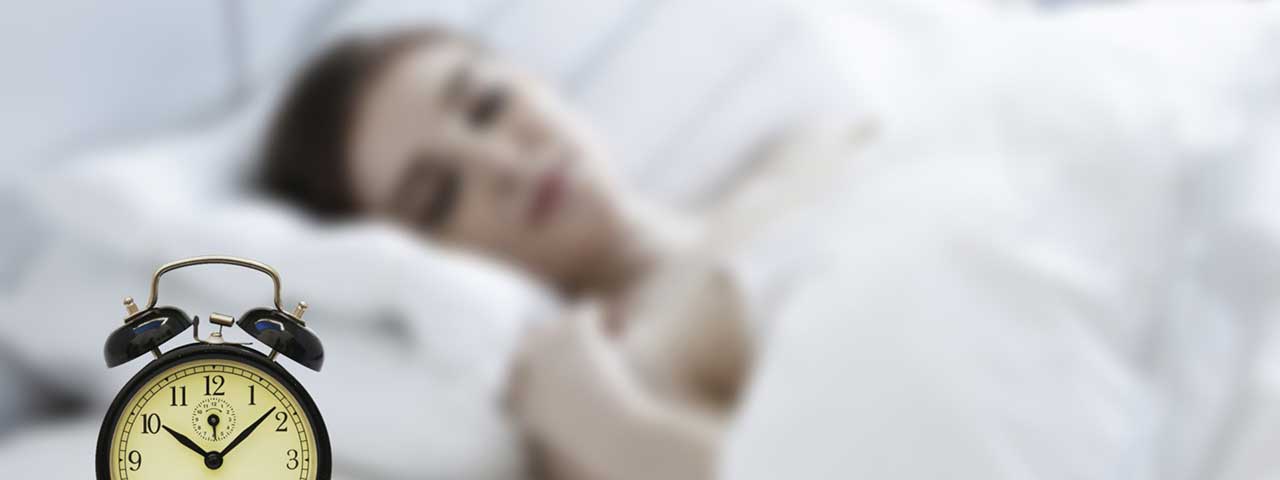
Waking Up With Dry Eyes
Many dry eye sufferers experience a flare-up at night, either late in the evening or during the night. Waking up with dry eyes can adversely affect the positive feelings gained from a good night’s sleep.
Why do some people experience worsening symptoms at night? If your eyes feel sandy, dry, or as if they’re burning in the morning, it can be due to several factors. Perhaps your eyelids don’t fully close while you sleep (nocturnal lagophthalmos), or the symptoms are a side effect of certain medications that you take. Another possibility is that you’re not producing sufficient tears at night to flush out irritants. If you’re experiencing any of the above, speak with Dr. Angela Bergin today.
What Causes Red, Itchy or Painful Eyes Upon Waking?
Nocturnal Lagophthalmos
Ordinarily, during sleep your eyelids provide vital protection from air and debris that can irritate or damage the cornea. Nocturnal lagophthalmos is the inability to close your eyelids during sleep, usually due to a problem with the skin or muscles around your eyes. If left untreated, this condition can result in corneal scarring, eye infections, and impaired vision.
Insufficient Tear Production At Night
If you aren’t producing enough tears at night, you will be unable to flush inflammation-causing substances from your eyes while you sleep.
Tear production tends to diminish with age, due to some medical conditions or as a side effect of specific medicines. Environmental conditions, such as windy and dry climates, can also cause your tear volume to diminish due to increased tear evaporation.
Damaged eyelids can make it difficult to fully close the eyes during sleep. Complications from surgery, an injury, an illness, or an eye disorder, including glaucoma and optic neuropathy, can cause eyelid damage.
Thyroid-Related Eye Symptoms
Protruding or bulging eyes are a common symptom of Graves’ disease, a form of hyperthyroidism. This can interfere with your ability to close your eyes while sleeping.
Medication Taken at Bedtime
Certain medications, whether prescription or over-the-counter, may cause dry eyes while you sleep. These include:
- Antihistamines and Decongestants
- Hypertension Drugs
- Hormones
- Drugs for Gastrointestinal Problems
- Pain Relievers
- Antidepressants
- Skin Medications
- Chemotherapy Medications
- Antipsychotic Medications
If you are taking any of the medications listed above and are experiencing dry eye symptoms, speak with Dr. Angela Bergin to see whether there are alternative treatments less likely to cause dry eye.
In the majority of cases, medication-related dry eye symptoms will resolve once the medication is discontinued. However, it may take several weeks or months for symptoms to completely disappear.
How to Treat Morning Dry Eye
Depending on the cause, morning dry eye can be treated with sleeping masks, lubricating eye drops, eyelid weights, and ointment applied right before bed. Using a humidifier will ensure that you sleep in a moisture-rich environment that is less likely to dry out your eyes. In those with severe cases of nocturnal lagophthalmos, eyelid surgery may be necessary.
The best way to determine the cause of your morning dry eyes is to visit Dr. Angela Bergin for a comprehensive eye exam. Be sure to bring along a list of all medications and nutritional supplements you routinely take, as it will help us determine whether there is any causation, and provide you with a more effective treatment plan.
Our practice serves patients from Charlotte, Steele Creek, Lake Wylie, and Fort Mill, North Carolina and surrounding communities.
